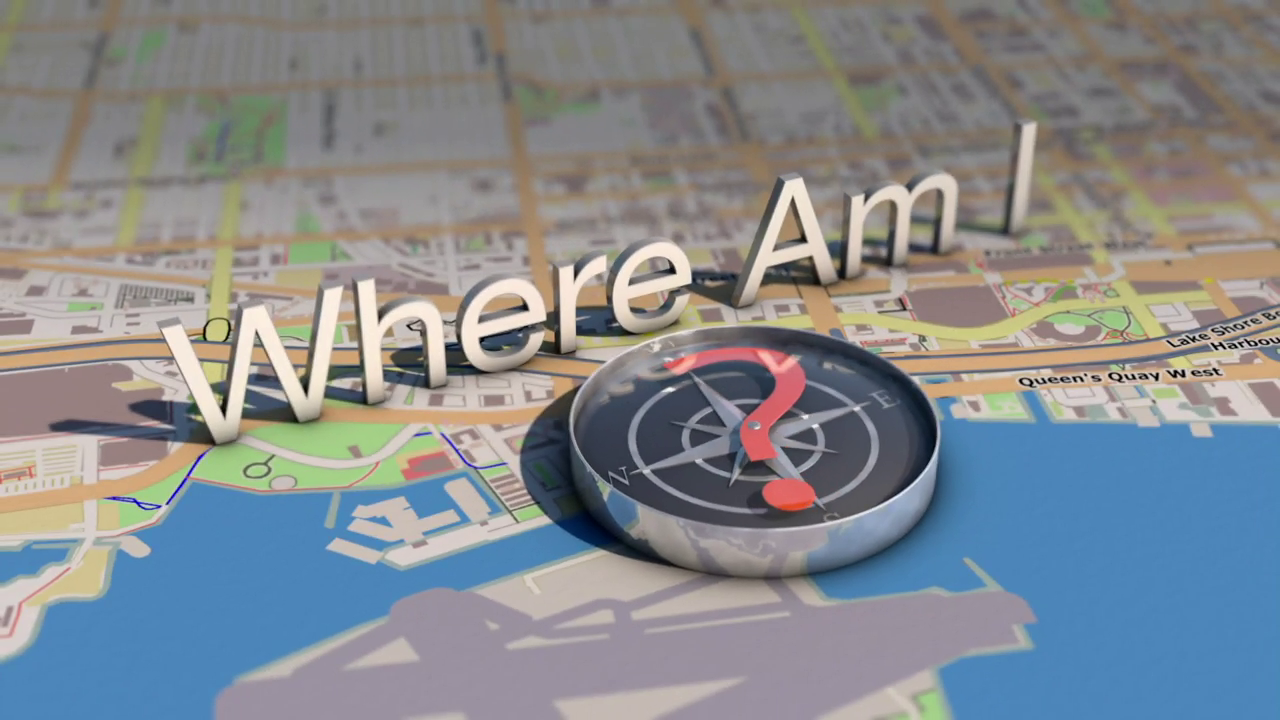You are here
CBC The Nature of Things (2018.12.23) Where Am I?
Primary tabs
| Size | Seeds | Peers | Completed |
|---|---|---|---|
| 1.11 GiB | 1 | 0 | 89 |
| File | Duration | Resolution | Video Format | Audio Format |
|---|---|---|---|---|
| CBC-TheNatureOfThings.20181223.WhereAmI.1280x720.mp4 | 44m41s | 1280x720 | AVC | AAC |
 .
.
Where Am I? is a new documentary about the skills we use to find our way around. Whether you are an Inuit hunter, a foraging insect, or just someone out for a stroll, your brain is performing one of its most fundamental services – it’s navigating. Why are some of us good at finding our way, while others are not? Inuit hunters navigate through kilometres of seemingly unchanging landscape - often without GPS.
Good navigators are able to use both memory and imagination…remembering where they have been, and imagining where they’re going. Some researchers believe we build a cognitive or mental map when we navigate, a kind of bird’s eye view of our surroundings, a view that can be rotated and examined in our mind. There has been about sixty years of argument amongst scientists about whether humans and other mammals actually form these cognitive maps or not.
The advent of GPS or Global Positioning Systems has changed the discussion about navigation. GPS triggers a simpler, more automatic navigational technique that does not involve building a mental map. With GPS, we simply respond to directions and may not truly understand where we are.
Some researchers believe that if you are not building mental maps, then you are not building a healthy hippocampus, the part of the brain that is linked to Alzheimer’s disease and other kinds of mental disorders. The concern is that this could possibly lead to early senility. Studies have shown that about half of us favour building mental maps, while half favour “stimulus response”, like following the directions of a GPS, or knowing that you should turn at a specific landmark. The most talented navigators can use both techniques, and pick the best one for the specific situation.
Perhaps the trickiest area for researchers to study is the question of who are better navigators, men or women? Most tests show that men are better at building a mental map and understanding where they are even in the absence of landmarks. But given enough landmarks, women are just as good - and they are much better at finding objects.
But is it nurture or nature that shapes our ability to find our way? Men have traditionally been freer to explore the world without worrying about personal safety, while women have historically stayed closer to home. Men also tend to do more of the driving, and drivers learn routes better than passengers.
Or perhaps it is the genetic imprinting from 100,000 years of hunting and gathering that has led men to be better wayfinders, and women to be better at finding objects.
But all of us - men and women - sometimes get lost because we simply are not paying attention to where we are. And maybe that's a good thing. "I actually love the sensation of becoming lost," says wayfinding expert Colin Ellard. "I get lost on purpose. Because I think that when you lose that kind of comfortable feeling of knowing your place, that everything kind of 'pops', and you experience the here-and-now much more immediately."
- Log in to post comments
